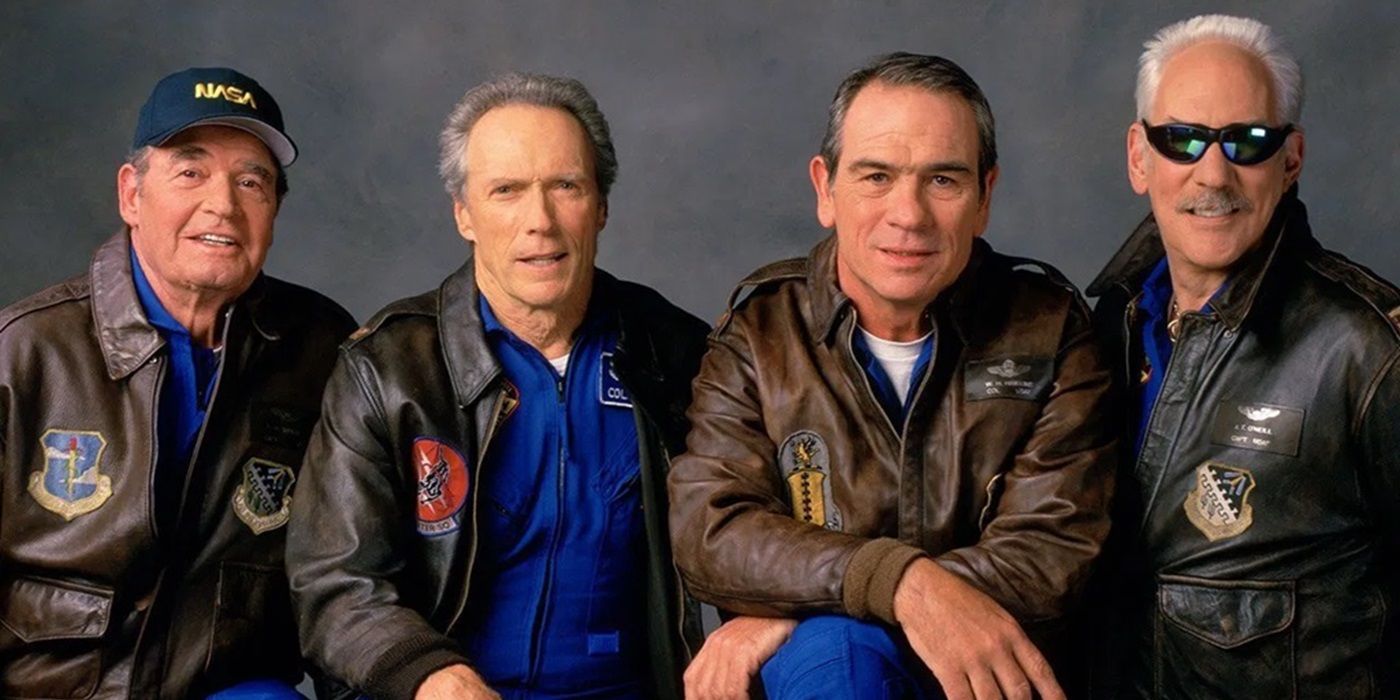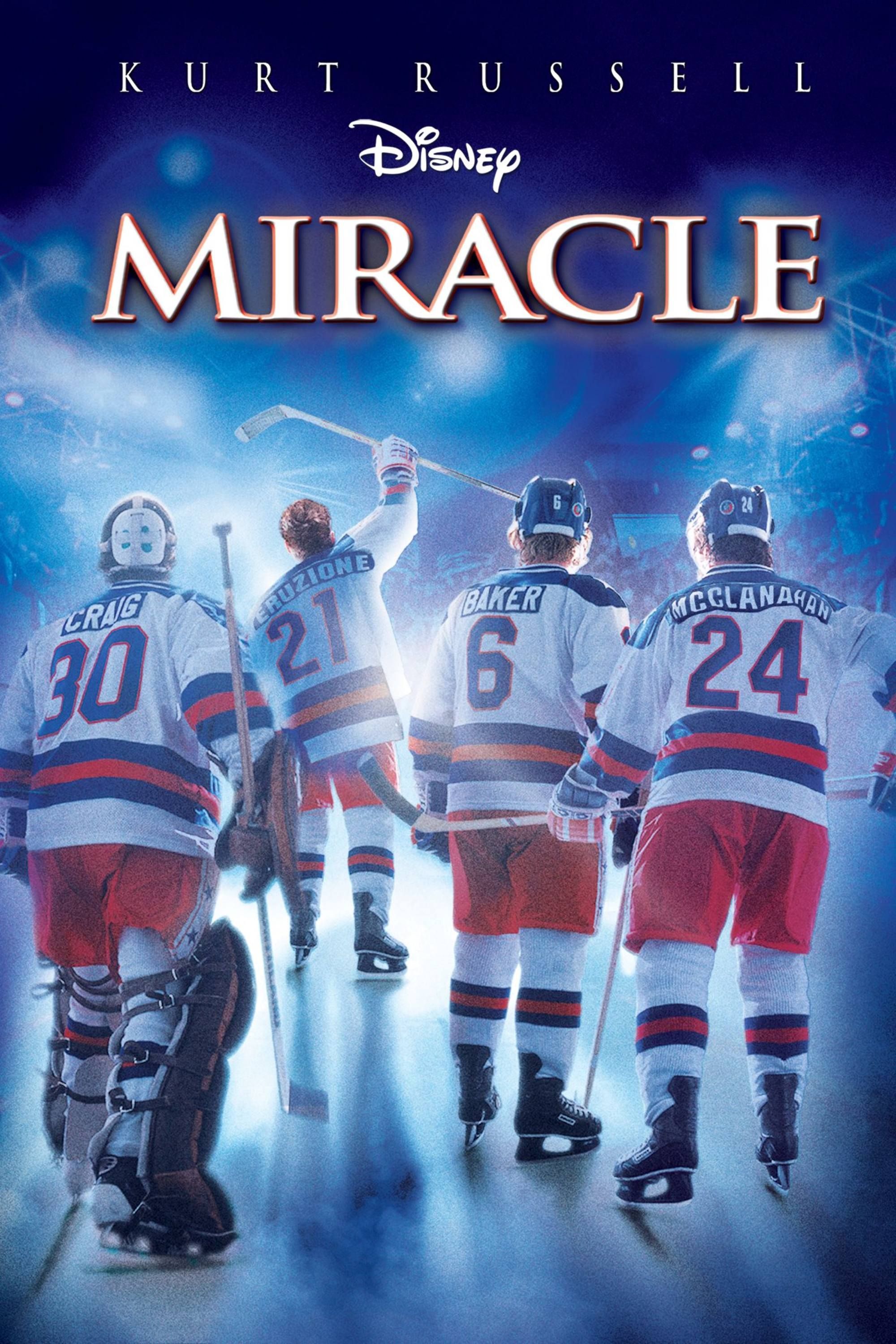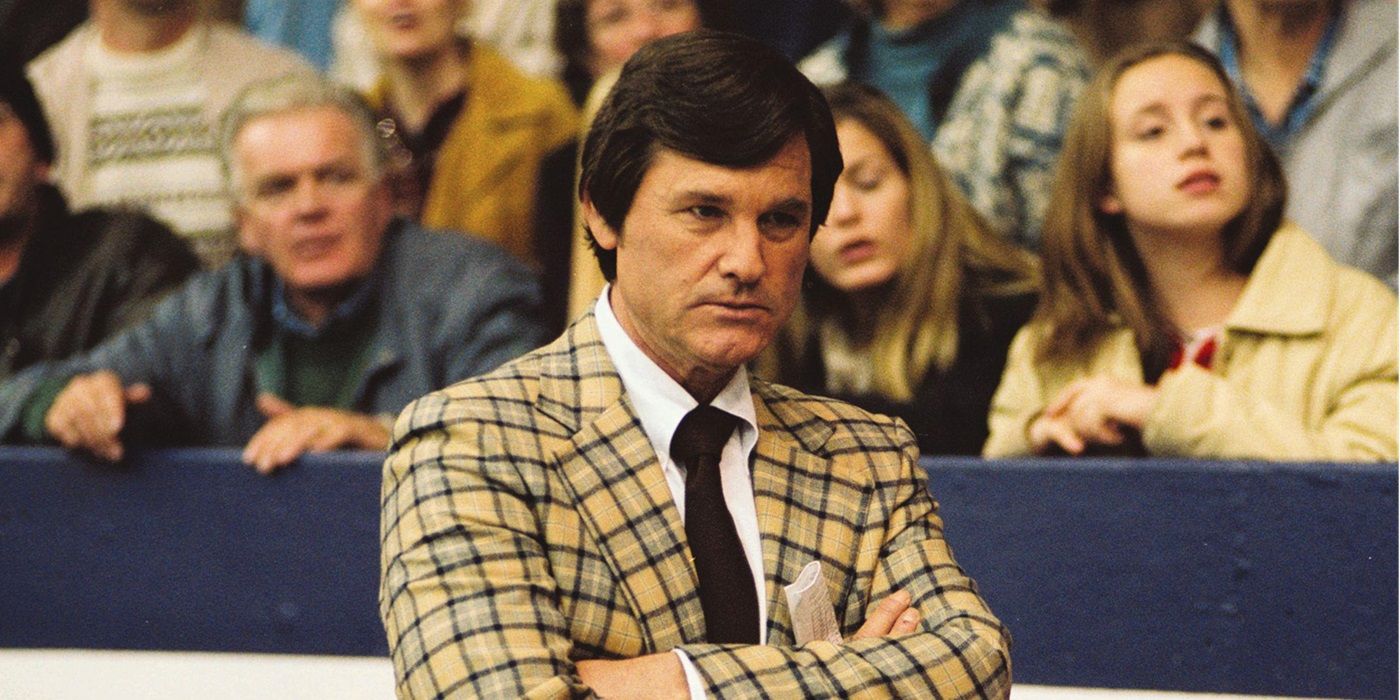Despite being one of the most prominent movie stars of the last several decades, Kurt Russell has surprisingly never been nominated for an Academy Award. This isn’t entirely surprising, as the Oscars are often resistant to nominating the types of genre films that Russell tends to star in. While he has given many great performances, it was unlikely that Russell would ever snag an Academy Award nomination for his work in Escape from New York or Big Trouble in Little China. However, it is surprising that Russell’s powerful performance as the United States Olympic coach Herb Brooks was snubbed of an Oscar nomination, as Miracle is the type of historical drama that the Academy generally respects.
Miracle benefited from the direction of Gavin O’Connor, an underrated filmmaker known for crafting sensitive portrayals of masculinity. Although he would eventually earn praise for his more athletic filmmaking with The Accountant and its sequel, Miracle was a more grounded, mature take on one of the most important cultural moments of the Cold War. Russell crafted an impactful portrayal of leadership, vulnerability, and selflessness that helped transform Miracle into one of the most beautiful sports movies of the 21st century.
What Is ‘Miracle’ About?
Miracle explores the famous “Miracle on Ice” at the 1980 Winter Olympics, in which the United States’ men’s hockey team won a surprising victory over the Soviet Union, which was heavily favored to win. The victory came at an important time in American history, as the nation had been recovering from a tumultuous series of Presidential administrations, the aftermath of the Vietnam War, and a growing sense of division and social upheaval. Traditional notions of patriotism were forgotten, as many Americans had grown cynical about the dominance of the Soviet Union and its communist ideals. However, the surprising victory of the hockey team offered a rare opportunity to celebrate unbridled patriotism and put a dent in the Soviet Union’s dominance over the sport. Although the beats of the final game have become heavily documented by the media in the following years, Miracle examines the difficult events that led up to the climactic match.
Russell’s performance as Brooks is one of the most intimate of his career, as he plays a character who is tasked with a seemingly insurmountable burden. Brooks was a former member of the men’s hockey team who was surprisingly cut ahead of the 1960 games, in which the American team won a gold medal. While it is implied that not being able to participate put a burden on Brooks’ career, he does not seek this opportunity as a means of attaining personal glory. Rather, Brooks sees the potential of the young men on his team, and understands the impact on their lives it will have if they can make their nation proud. Despite the fact that America has invested so heavily in this game, Russell shows that Brooks is focused on his players above all. Despite the large ensemble, Russell gets to share powerful scenes with all of his younger co-stars.
Miracle gave Russell the opportunity to give a much different type of performance that signified his evolution as an actor. While iconic films like Tombstone and Backdraft allowed him to play charismatic, snarky action heroes, Miracle tapped into a more subtle side of his abilities. While Brooks is a forceful coach who demands his players perfect their craft over a series of repeated practices, he rarely raises his voice and does not strike out in anger. It becomes evident that this is a moral choice on Brooks’ part, as he believes that showing respect to his players is what differentiates the American team from their rivals in the Soviet Union. Even if they are among the world’s most decorated athletes, Brooks recognizes that they are young men who are still growing up.

Related
Clint Eastwood Delivered His Own ‘Armageddon’ With This Star-Studded New-to-Prime Sci-Fi Movie
Eastwood’s adventure into space also starred Tommy Lee Jones, Donald Sutherland, James Garner, James Cromwell, and Courtney B. Vance.
‘Miracle’ Defies Inspirational Sports Movie Cliches
Miracle is able to introduce powerful themes about respect and teamwork in a way that does not feel emotionally manipulative, as Russell identifies the importance they plan in his strategy for winning the game. Brooks recognizes that a flaw within many rival teams is that they seek to create “star players” who will be recognized above anyone else. Since the competition to be a standout could cause conflict, Brooks encourages his team to become competitive on behalf of the team itself, which serves as a means of unifying them. It’s no coincidence that the greater fellowship within the team’s practices on ice leads to a greater sense of community when they aren’t competing. As the guardian and leader of the team, Brooks occupies a paternal place in the film.
Russell gives an engaging, emotional performance, despite the fact that he is on the sidelines during the games themselves. While O’Connor does spend a significant portion of the game showing how each of the players has evolved in their craft, Russell still gets ample screen time, as the film shows how Brooks’ guiding presence becomes essential to the victory. Miracle is also a film that explores the entirety of its characters’ lives, and does not simply view them as athletes. The relationship between Brooks and his wife, Patti (Patricia Clarkson), is surprisingly poignant, as it is one of the rare positive depictions of a long-term marriage.
Miracle didn’t get the attention that it deserved from the Oscars, as a film so finely crafted could have easily been in contention for Best Production Design, Best Original Score, Best Editing, and Best Sound Effects Editing. Perhaps the Oscars dismissed a PG-rated Disney film because they felt it was beneath them, but Russell’s nuanced, moving work was worthy of recognition. The Best Actor prize would go to Jamie Foxx, who did a very impressive impression of Ray Charles in the overlong, cliché-ridden biopic Ray, which indulged in some of the worst impulses of the biopic genre. While Foxx’s work is a memorable piece of mimicry, Russell’s performance is genuinely inspirational and will likely stand the test of time.


